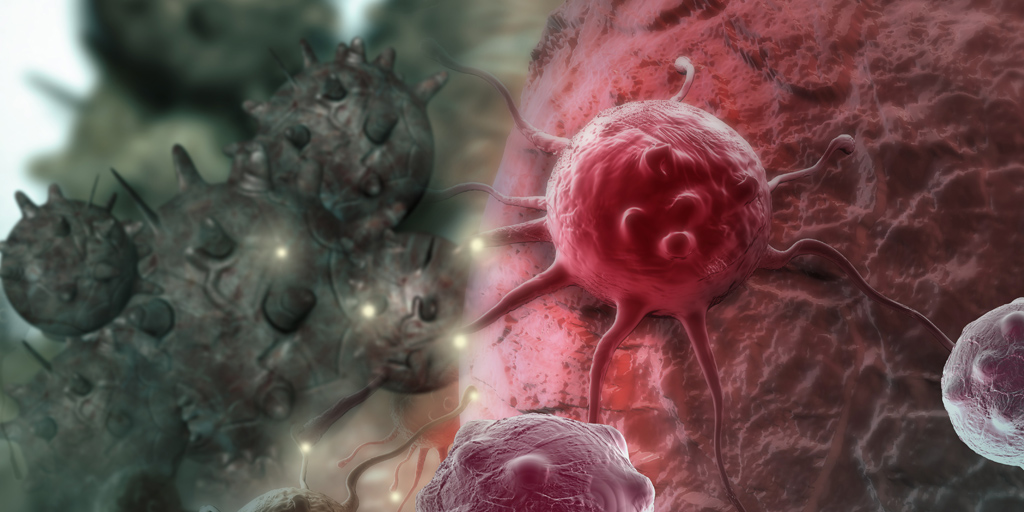Introduction: Cancer Prevention – The Power of Nutrition
Cancer is a formidable adversary, but the good news is that a significant portion of cancer cases can be prevented through lifestyle choices, with diet playing a pivotal role. At Comfort Nutrition Services, we believe in the extraordinary potential of nutrition in reducing cancer risk. In this comprehensive guide, we will unveil the science-backed nutritional strategies that can empower you to take control of your health and lower your risk of cancer.
1. The Role of Diet in Cancer Prevention
1.1. Cancer and Diet: An Unavoidable Connection
Cancer and diet are intrinsically linked. The foods you choose to consume daily can either contribute to or combat the development of cancer cells in your body. Understanding this connection is the first step towards prevention.
1.2. The Protective Power of Nutrients
Certain nutrients act as powerful shields against cancer. Antioxidants, vitamins, and minerals not only bolster your immune system but also directly inhibit the growth of cancer cells. We’ll dive deep into these nutritional superheroes and show you how to incorporate them into your meals.
1.3. Dietary Patterns and Cancer
It’s not just individual foods but entire dietary patterns that influence your cancer risk. We’ll explore how embracing a Mediterranean diet, rich in fruits, vegetables, and lean proteins, or transitioning to a plant-based lifestyle can significantly reduce your susceptibility to cancer.
2. Foods That Fight Cancer
2.1. Plant-Based Foods: Your Anti-Cancer Allies
The array of colors found in fruits and vegetables isn’t just visually appealing; it represents a spectrum of cancer-fighting compounds. From the sulforaphane in broccoli to the anthocyanins in berries, we’ll introduce you to these natural defenders.
2.2. Whole Grains and Legumes: The Fiber Connection
Fiber isn’t just essential for digestive health; it also plays a role in cancer prevention. We’ll uncover the benefits of whole grains, beans, and lentils in reducing the risk of developing various cancers.
2.3. Healthy Fats: Balancing Your Fatty Acids
While fats have a mixed reputation, some are unequivocally beneficial. Omega-3 fatty acids found in fatty fish, flaxseeds, and walnuts are champions in the fight against cancer. Learn how to strike the right balance.
3. Harmful Habits to Avoid
3.1. The Sugar and Cancer Connection
Excessive sugar consumption isn’t just bad for your waistline; it fuels cancer cells. We’ll explore the science behind this connection and provide practical tips for cutting down on sugar.
3.2. Processed Foods: Hidden Risks
Processed and ultra-processed foods often contain harmful additives and preservatives. Discover how these hidden risks can contribute to cancer development and how to make informed choices.
3.3. Alcohol and Cancer: A Delicate Balance
While moderate alcohol consumption may offer some health benefits, excessive drinking can raise your cancer risk. We’ll discuss the fine line between enjoying a glass of wine and increasing your susceptibility to cancer.
4. Eating for Prevention: Practical Tips
4.1. Portion Control and Calorie Balance
Maintaining a healthy weight is a cornerstone of cancer prevention. We’ll guide you on portion control, calorie balance, and achieving a weight that supports your overall well-being.
4.2. Cooking and Food Preparation
The way you prepare your food matters. Some cooking methods can inadvertently introduce carcinogens into your meals. Discover healthier alternatives and cooking techniques that safeguard your health.
4.3. Hydration and Staying Active
Staying hydrated and engaging in regular physical activity are essential for cancer prevention. We’ll explain how adequate hydration and exercise support your body’s natural defenses.
5. Comfort Nutrition Services – Your Partner in Cancer Prevention
5.1. Personalized Nutrition Counseling
At Comfort Nutrition Services, we understand that each person’s nutritional needs are unique. Our experts will work closely with you to create a personalized cancer prevention plan tailored to your specific health goals.
5.2. Monitoring and Support
Your journey to cancer prevention doesn’t end with a plan; it’s an ongoing commitment. We offer regular check-ins and continuous support to help you stay on track and make necessary adjustments.
Conclusion: A Cancer-Preventive Diet – Your First Line of Defense
In this guide, we’ve uncovered the invaluable role that nutrition plays in cancer prevention. By adopting these science-backed strategies and partnering with Comfort Nutrition Services, you can proactively reduce your cancer risk while improving your overall health. Together, we’ll work towards a healthier, cancer-free future.

